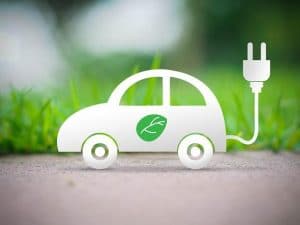The Centre plans to scrap cash incentives currently offered to buyers of electric cars despite having incentivised these clean fuel technologies till just a few months back. The move, experts said, will further dampen sales of private electric cars, reported TNN.
 Policy-makers justified the move, saying the government has now decided to give cash subsidies to electric vehicles used by shared-mobility operators such as Ola and Uber, as their vehicles will run much more than private cars.
Policy-makers justified the move, saying the government has now decided to give cash subsidies to electric vehicles used by shared-mobility operators such as Ola and Uber, as their vehicles will run much more than private cars.
Official sources said the government seeks to withdraw the cash incentives for private electric cars because it neither makes a “substantial difference in promoting sales nor serves the purpose of a clean environment”.
Currently, the government offers a discount of up to Rs 1.3 lakh on an electric car as part of its clean-energy programme, FAME (faster adoption and manufacturing of hybrid and electric vehicles). This is being proposed to be removed in the new FAME Phase 2 draft policy drawn up by the heavy industries ministry.
The government feels that the addition of cab aggregators like Ola and Uber to the list of subsidy beneficiaries would prompt these companies to go for electrics, which offer highly-lucrative running costs as compared with conventional diesel/petrol or CNG alternatives (except for the high acquisition cost). The maximum utility for the maximum number of people will be through public transport, another source said to TNN.
Car companies and their lobby platform Siam, had disagreed with the government’s deadline for the e-switch, and have been petitioning for a more easy transition. Official sources said government will continue to give incentives on the purchase of electric buses and two-wheelers. However, for buses, incentives will be bought down. The current incentives on electric buses cover 60 percent of the cost of the vehicle. This will come down to 40 percent.





























